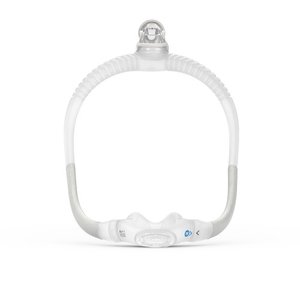Introduction
Continuous Positive Airway Pressure (CPAP) therapy is a widely used treatment for obstructive sleep apnea (OSA), a condition that causes repeated interruptions in breathing during sleep. CPAP devices deliver a constant stream of air, keeping the airways open and ensuring uninterrupted breathing. This article examines the benefits of CPAP therapy, its impact on sleep quality, and its role in enhancing overall health for individuals with sleep apnea.
The Mechanism of CPAP Devices: Ensuring Continuous Breathing During Sleep
CPAP devices work by delivering a continuous flow of air pressure through a mask, preventing the collapse of airways during sleep. The machine includes a motor that generates airflow, a hose that channels the air, and a mask that fits over the nose or mouth. This steady air pressure maintains an open airway, preventing apneas and hypopneas that disrupt sleep. A sleep study typically precedes CPAP therapy to determine the optimal pressure settings, ensuring personalized and effective treatment for the patient’s specific condition.
Enhancing Sleep Quality and Overall Health Through CPAP Therapy
CPAP therapy significantly enhances sleep quality and overall health for individuals with sleep apnea. By preventing airway collapse, CPAP devices eliminate frequent awakenings caused by apneas, allowing for uninterrupted and restorative sleep. Improved sleep quality translates to better daytime functioning, including increased alertness, concentration, and mood. Additionally, consistent use of CPAP Supply reduces the risk of cardiovascular complications, such as hypertension and heart disease, associated with untreated sleep apnea. Alleviation of symptoms like snoring and morning headaches further enhances the patient’s quality of life.
Conclusion
CPAP therapy is an effective solution for managing obstructive sleep apnea, providing continuous air pressure to keep airways open during sleep. Understanding the mechanism of CPAP devices and their role in enhancing sleep quality and overall health highlights the importance of this treatment. With improved sleep quality, better daytime functioning, and reduced health risks, CPAP therapy significantly enhances the quality of life for individuals with sleep apnea. Regular use of CPAP devices, supported by proper equipment setup and adherence to prescribed therapy, ensures optimal treatment outcomes.











Comments